
We had an incredible time pouring at this year’s London Coffee Festival, and as always, we walked away with some fresh insights from talking to hundreds of people who love coffee.
1. Fruity, Funky Coffees Are Having a Moment
One thing was crystal clear: people are drawn to coffees with bold, fruity, and fermented flavour profiles. When it comes to filter coffee, these kinds of cups really stand out, and it makes sense. The clarity of flavour you get from a well-executed fermentation is unforgettable. For example, we served an April coffee fermented with melon and peach, and the fruit notes were so vivid that people could call them out on the spot.
We also noticed a consistent preference for winey, complex coffees with a clear fermentation influence, coffees that lean toward the experimental or expressive end of the processing spectrum.
2. Processing Isn’t What It Used to Be (and That’s a Good Thing)
Traditionally, you’d hear about three processing methods: washed, honey, and natural. But in practice, those categories don’t capture what’s actually happening on farms anymore. Today, most producers are working with custom fermentation methods, controlled drying environments, or extended anaerobic fermentation — even if they still call the end result “washed” or “natural.”
Here’s an example:
-
One farmer might ferment their cherries for two days before washing, and still call that a washed coffee.
-
Another might leave the cherries for 15 days in a sealed tank, with tight control over temperature and pH.
-
Yet another might let cherries sun-dry for a month, bringing them under cover at night and during rain.
The takeaway? Labels are useful, but processing is nuanced, and farmers are innovating in incredible ways.
3. Water Makes a Huge Difference (Like, Seriously)
We’ve always known water matters. But at LCF, we had a bit of an eye-opener.
We brewed our coffees using a filtered water from a reputable, widely used UK brand, the kind many cafés rely on daily. But then we tried brewing the same coffees using another filtered water provided by a fellow exhibitor at the festival. The difference? Monumental.
The second water made the coffee brighter, sweeter, more balanced, and highlighted the nuanced flavours we’re always chasing. It was a powerful reminder that even great coffee, carefully roasted and beautifully brewed, can be held back by water that isn’t quite right.
4. The Most Popular Coffee at LCF
So our lessons from London Coffee Festival are to serve very fruit forward coffees yet still maintain some classic. The most poplar coffee for LCF 2025 was without a doubt: Julio Quiceno: Milan – Melon & Peach Ferment
Final Thoughts
What we learned at LCF this year was exciting, affirming, and a little surprising. Flavour-forward coffees are resonating more than ever. Processing methods are becoming more complex, and more interesting, than simple labels can convey. And water? It’s still the most underrated ingredient in coffee brewing.
If you tried our coffees at the festival, thank you for being part of the experience. We can’t wait to keep exploring what’s possible in the cup.


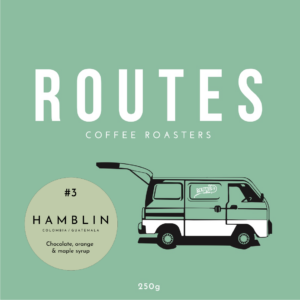
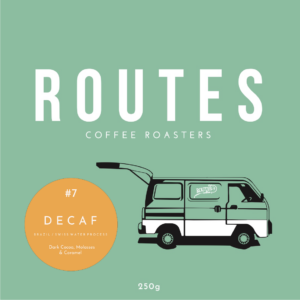

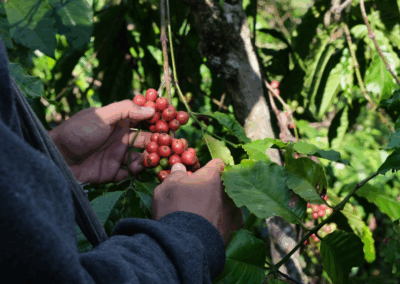
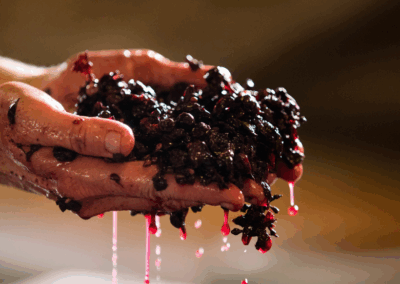
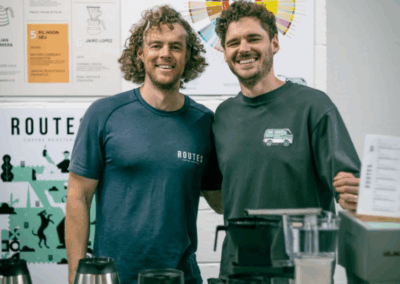
0 Comments